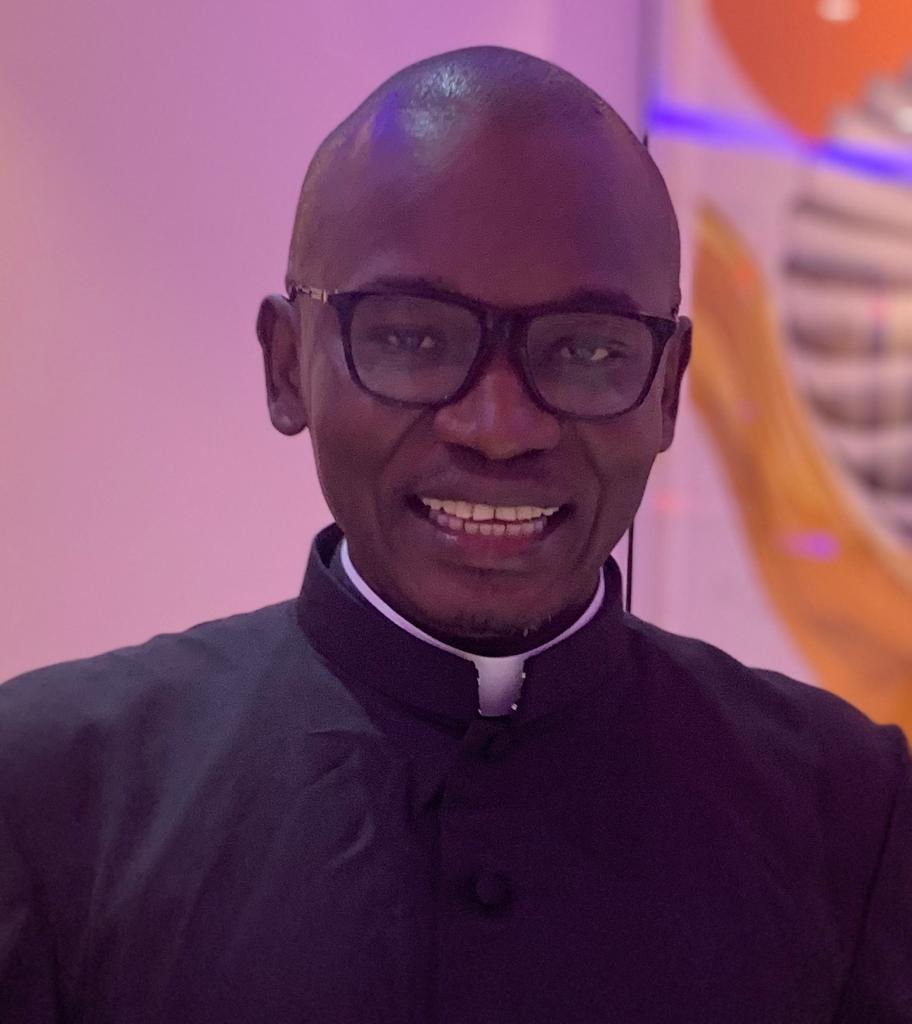All religions around the world have a concept of a spiritual guide, whether it be a priest, an imam, a sheikh, a guru, or a pastor. Religious guides play a crucial role in transmitting beliefs, values, and spiritual practices to their followers. They act as intermediaries between believers and the divine, offering advice, teachings, and sacred rites. In Christianity, for example, priests and pastors play a central role in the spiritual life of believers, helping them interpret Scripture and practice the sacraments. Similarly, in Islam, imams and mullahs lead prayers, provide religious instruction, and offer moral guidance to their communities. In Judaism, rabbis play a similar role by interpreting Jewish law and leading religious services. These traditional religious guides exert a profound influence on the spiritual and social lives of their followers, contributing to the shaping of their religious identity.
Traditionally, religious guides have played a key role in transmitting religious teachings and providing spiritual guidance to believers. However, in today's world, characterized by rapid technological evolution and growing skepticism and criticism towards religious institutions, the role of religious guides is being questioned.
Modern religious leaders are distinguished by their well-defined characteristics and responsibilities. As spiritual authorities, they must possess a deep knowledge of sacred texts and be able to interpret these teachings in a relevant way for their followers. Moreover, they must be examples of virtue and moral integrity, guiding their community on the path of piety and compassion. Modern religious leaders are also called upon to actively engage in social and political issues, defending the rights of the oppressed and promoting social justice. Their role thus goes beyond the mere spiritual aspect to become a true catalyst for change and progress in contemporary society. Thus, modern religious leaders face varied challenges and expectations, but their influence remains indispensable for guiding and inspiring believers in a constantly evolving world.
The reason for this questioning is that today's believers are increasingly critical and demanding of religious guides. They seek answers to their existential questions and solutions to their daily problems, but they are also concerned with transparency, authenticity, and ethics. They want religious guides who are able to inspire, guide, and support them in their daily lives, rather than simply transmitting religious teachings.
In this context, it is urgent to rethink the role and function of religious guides. The traditional model of the spiritual guide, who merely transmits religious teachings and guides believers in their spiritual practice, is no longer sufficient. Today's believers need religious leaders who are able to inspire, guide, and support them in their daily lives.
Technology plays a key role in this evolution of the role of religious guides. Social networks, online platforms, and mobile applications offer new opportunities for religious leaders to reach a wider audience, disseminate their message, and offer innovative services to believers.
However, this evolution towards a new type of religious guide is not without challenges and ethical questions. How can the authenticity and integrity of religious leaders be guaranteed in a context of digitalization and globalization? How can sectarian drifts and abuses of power be avoided? How can adequate training and effective regulation of religious leaders be ensured? The transition from the traditional religious guide to religious leadership is an urgent paradigm shift for all religions in today's world. It responds to the expectations and needs of today's believers, who are increasingly critical and demanding of religious institutions and spiritual guides. However, this evolution requires in-depth reflection on the ethical and practical challenges it raises. It also calls for close collaboration between religious leaders, religious institutions, and public authorities to ensure a successful transition to this new model of spiritual guide

Dibocor phillipe Ngom